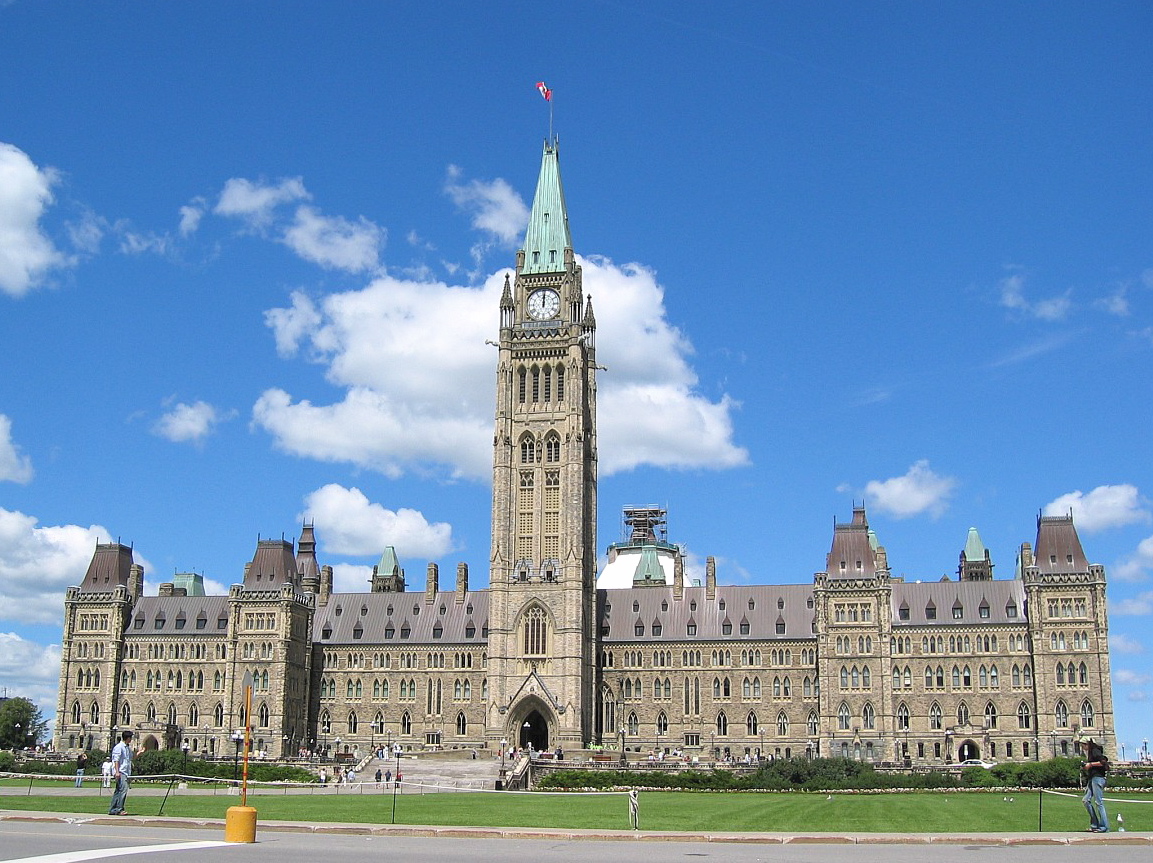By Vanessa Broadbent (The Cascade) – Email
Print Edition: September 24, 2014

Our vote may not be as fair as we think, advocates say.
The Student Union Society (SUS) hosted a discussion on electoral reform with speakers from Fair Vote Canada.
The event took place during Democracy Week to raise awareness on campus about voting.
“Any time we can provide some sort of political engagement on campus is good,” said VP external Dylan Thiessen.
The event was mostly represented by Fair Vote Canada, a multi-partisan campaign advocating for electoral reform.
“I reached out to different professors and instructors from UBC and SFU and all of them got back to me and couldn’t come,” Thiessen added.
“We’d like to make it fair so Canadians can have access and register to vote and cast their ballot in any way they want. Essentially, it’s getting people out to vote and the incentive out to vote,” said representative Bruce Behrhorst, explaining Fair Vote Canada’s opposition to the current voting system.
“The most important thing is the reasoning that if your team doesn’t have the most amount of votes, it should be represented in the government,” he said.
Canada currently follows the single-member plurality system, otherwise known as first-past-the-post. In every geographical riding, the candidate with the most votes gains a seat in the House of Commons and represents that area. The candidate doesn’t need more than 50 per cent of all votes in that district — simply the highest percentage.
“You don’t vote for the person you really want to vote for, you vote to block someone else from winning, a candidate you actually don’t prefer,” Les Brown, a Fair Vote Canada volunteer, explained. “That’s a terrible way to have to vote; you should be able to vote with sincerity.”
He followed with examples, including one of the 2011 federal election.
“The Conservative Party got 39 per cent of the votes, 54 per cent of the representation, and 100 per cent of the power. That means that 61 per cent of people do not get what they want.”
He described various voting systems around the world, including the proportional representation system, where political parties are awarded seats based on how many votes they have, not simply the percentage or majority.
“We’d like to see countries like Canada and the UK turn over to a proportional representation system,” Behrhorst explained.
However, even though the proportional representation system promotes several smaller parties instead of two or three dominant parties, this kind of representation can bring up more disagreements and issues between political platforms, making the political system more unstable.
“In order to bring this on the agenda we need public pressure and the media to get on board. We need you to get out and speak to your friends and colleagues on this,” Brown explained.
“The pace of change appears to be glacial. You never know what’s going to happen. There might be a point where’s there’s an avalanche. If there’s general pressure applied to the political system and there’s a fracture, something really does change.”
With files from Megan Lambert.

